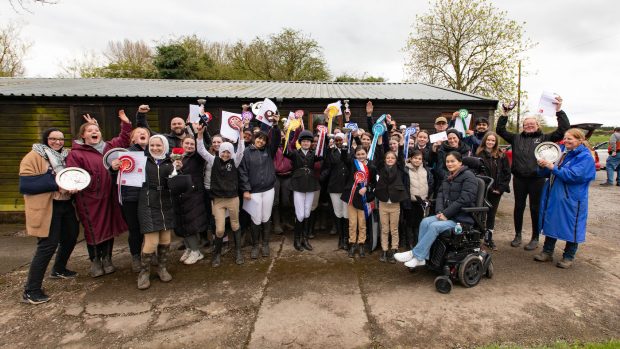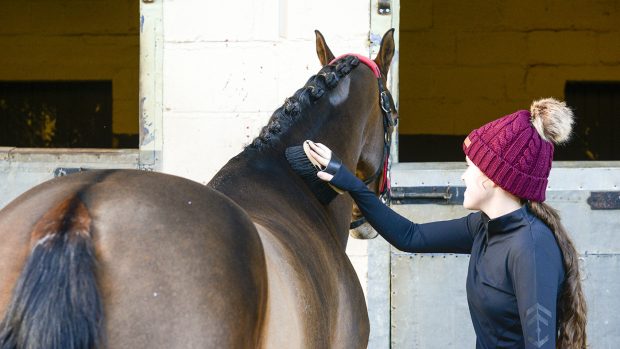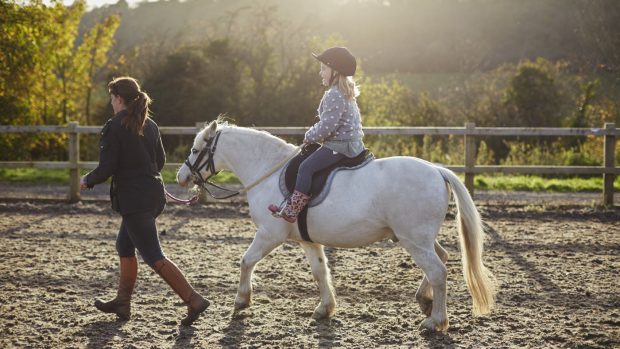Riding schools are missing out on valuable funding as they don’t have the means or knowledge to negotiate the complex application process.
Anne Clarke, founder of Connected Thinking, a specialist equestrian funding consultancy, told H&H that government funds are available, but riding centres need to learn how to tap into them.
Sport England funds are traditionally for charities and sports clubs, but Mrs Clarke says there are opportunities for riding schools.
“Navigating funding is so hard for a busy proprietor,” she said. “We help our clients design projects to match their skills and resources. Securing funding can help a riding centre grow its business and attract more customers.”
Mrs Clarke added that other sports, such as rowing, are better at securing funds. Between 2007-2103 equestrianism received £137,358 in small grants, while rowing managed £1,113,334.
These funds are separate to the £6million “legacy” money allocated to the British Equestrian Federation (BEF) for grass-roots horse sport (news, 28 December 2012).
Connected Thinking recently helped Fallowbrook Western Riding Club in Kent gain a £4,850 investment from Sport England, after showing that the grant to buy new Western tack would help attract 60 new riders.
Other riding centres contacted by H&H agreed funding was a difficult area to navigate.
Any grants must be shown directly to increase participation figures.
“Riding schools generally are not well equipped enough to apply for funding directly,” said Kevin Butchart from Woodredon EC in Essex.
“A group of proprietors with previous knowledge should be set up and backed [by the BEF] to help others. The riding school is the key to horse sport’s future growth.”
A spokesman from Grove Farm in Sussex has just approached Sportivate, a Sport England programme.
“For more riders we need more teachers and this costs a lot of money,” she said. “But I have found applying very hard. I tried ringing up, but no one was there to help.”
Claire Shand from the BEF agreed it was a problem area.
“The biggest challenge is that equestrian business financial structures are often not compatible with traditional Sport England funding rules,” she said. “We will continue to help them to adapt their structures to meet requirements, but there isn’t a simple solution.”
This news story was first published in Horse & Hound magazine (1 August 2013)





